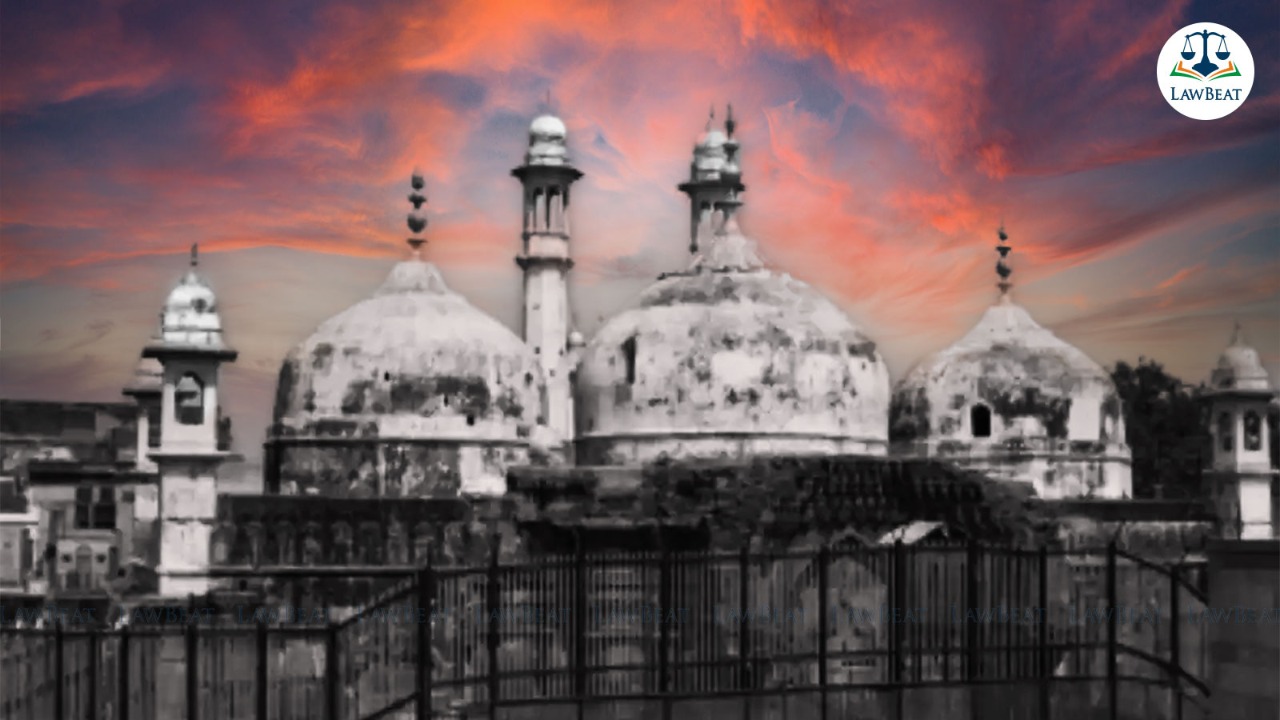Gyanvapi Case| Plaintiff files caveat before Allahabad High Court

The caveat has been filed stating that if any revision/stay application is moved by the mosque committee against the order passed by the Varanasi District Judge, then the caveator be allowed to oppose the admission of those pleas before passing any interim or final order.
One of the plaintiffs in the suit pending before the Varanasi Local court seeking permission to perform all rituals of Hindu deities residing inside the Gyanvapi complex has filed a caveat before the Allahabad High Court.
The caveat has been filed stating that if any revision plea is moved by the Anjuman Intezamia Masajid Committee challenging the order passed by Varanasi District and Sessions Judge on September 12, then the caveator must be given an opportunity of hearing so as to oppose the plea of the mosque committee (the proposed revisionist).
On September 12, Varanasi District and Sessions Judge Dr. A.K. Vishvesha dismissed an application moved by the mosque committee questioning the maintainability of the suit pending before the court.
Five Hindu women devotees filed a suit before a Varanasi Court alleging that Maa Shringar Gauri, Lord Ganesha, Lord Hanuman & other visible and invisible deities reside inside the Gyanvapi Complex, therefore, they should be allowed to perform all rituals of these deities inside the complex all year long.
The Anjuman Intezamia Masajid Committee, which manages the affairs of Gyanvapi mosque, was made a respondent party in the suit. The committee opposed the prayers made in the suit while arguing that the suit is not maintainable and moved an application under Order 7 Rule 11 of the Code of Civil Procedure.
Initially, the suit by the Hindu women was being heard by a Civil Judge Senior Division Varanasi, however, on May 19, 2022, the Supreme Court ordered to transfer the suit to the court of District Judge for further proceedings.
Along with that, the Top Court directed the District Judge to decide the application under Order 7 Rule 11 of the CPC filed by the mosque committee on priority.
The district judge heard the arguments of both sides at length and reserved order in the application of the mosque committee on August 30, 2022.
On September 12, the court pronounced the order whereby it dismissed the application under Order 7 Rule 11 of the CPC filed by the mosque committee while stating that as per the averments made by the plaintiffs in their plaint, the suit is not barred by any of the three Acts i.e. the Places of Worship (Special Provisions) Act, 1991; the Waqf Act, 1995 and the Uttar Pradesh Shri Kashi Vishwanath Temple Act, 1983 as alleged by the mosque committee.
